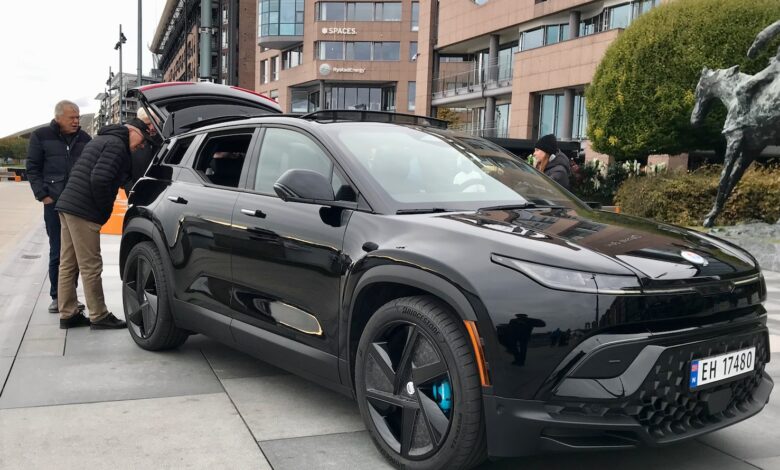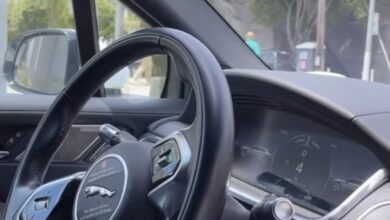There Are Now More Fully Electric Cars On Norwegian Roads Than Gas Cars

Sign up for daily news updates from CleanTechnica on email. Or follow us on Google News!
The Norwegian Road Traffic Information Council has reported a milestone — the number of fully electric vehicles on roads has surpassed the number of gas cars for the first time ever!
Øyvind Solberg Thorsen, director of the Norwegian Traffic Information Council OFV.no, states:
“This is historic. A milestone few saw coming ten years ago. The electrification of the passenger car fleet is keeping a high pace, and Norway is making rapid strides towards becoming the first country in the world with a passenger car fleet dominated by electric cars. But it will take some time before we get there, because there are still one million registered passenger cars with diesel engines in the country. The pace we are seeing in the replacement of the passenger car fleet now may indicate that in 2026 we will also have more electric cars than diesel cars.”
Indeed, remember we are only comparing gas cars and BEVs here. Those diesel cars are hard to get rid of. They are rugged, and diesel engines easily go double the miles than that of a gas engine.
OFV has previously made calculations which indicate that the total vehicle unit number will increase from today’s 2.8 million cars to approximately 3.1 million through 2030.
Øyvind Solberg Thorsen elaborates:
“The rate of change in the passenger car units is difficult to predict. Economic fluctuations in relation to car taxes, prices, interest rates and other factors affect new car sales — both for private individuals and companies. And tax changes have a big impact on which cars we choose.”
The reason that BEV unit count on roads has passed that of gas cars in particular is two-fold, according to Øyvind Solberg Thorsen:
“The main reason is that almost all registered new passenger cars are now electric. At the same time, there are now very many enthusiast cars being unregistered for the season, and there are so many of them that it also affects the unit count.”
In short, enthusiast cars are special cars, both old and newer. A great many enthusiast cars are only registered during the summer months (especially older classic cars), before they are again unregistered and parked when autumn arrives.
According to the report, in the past 20 years, over one million gas cars have disappeared from Norwegian roads, and to a large extent they have been replaced by electric cars. The same development is likely to also occur for diesel cars.
Øyvind Solberg Thorsen notes that there are still around one million registered diesel cars in Norway, and they will be rolling on Norwegian roads for years to come. However, 20 years ago, in 2004, there were more than 1.6 million gas cars and only around 230,000 diesel cars in Norway, and about a puny 1,000 electric cars.
Since 2007 and ten years onward, there was a tremendous growth in the number of diesel cars due to favorable tax changes. The trend continued until it peaked in 2017, at just over 1.2 million units on the road. Since then, the number of diesel cars has reduced steadily.
What about hybrids? Well, I think they will vanish alongside the diesel cars. It’s mostly a question of price, and let’s face it, EVs are getting cheap, fast.
Here is an overview of the OFV data showing the total of 2,872,652 vehicles in Norway listed by fuel type, with unit count, and current share on roads:
- Diesel: 999,715 – 34.80%
- Electric: 754,303 – 26.26%
- Gasoline: 753,905 – 26.24%
- Gasoline Plug-in Hybrid: 198,707 – 6.92%
- Gasoline Hybrid: 155,307 – 5.41%
- Diesel Plug-in Hybrid: 9,478 – 0.33%
- Diesel Hybrid: 896 – 0.03%
- LPG: 173 – 0.01%
- Hydrogen: 167 – 0.01%
Have a tip for CleanTechnica? Want to advertise? Want to suggest a guest for our CleanTech Talk podcast? Contact us here.
Latest CleanTechnica.TV Videos

CleanTechnica uses affiliate links. See our policy here.
CleanTechnica’s Comment Policy





